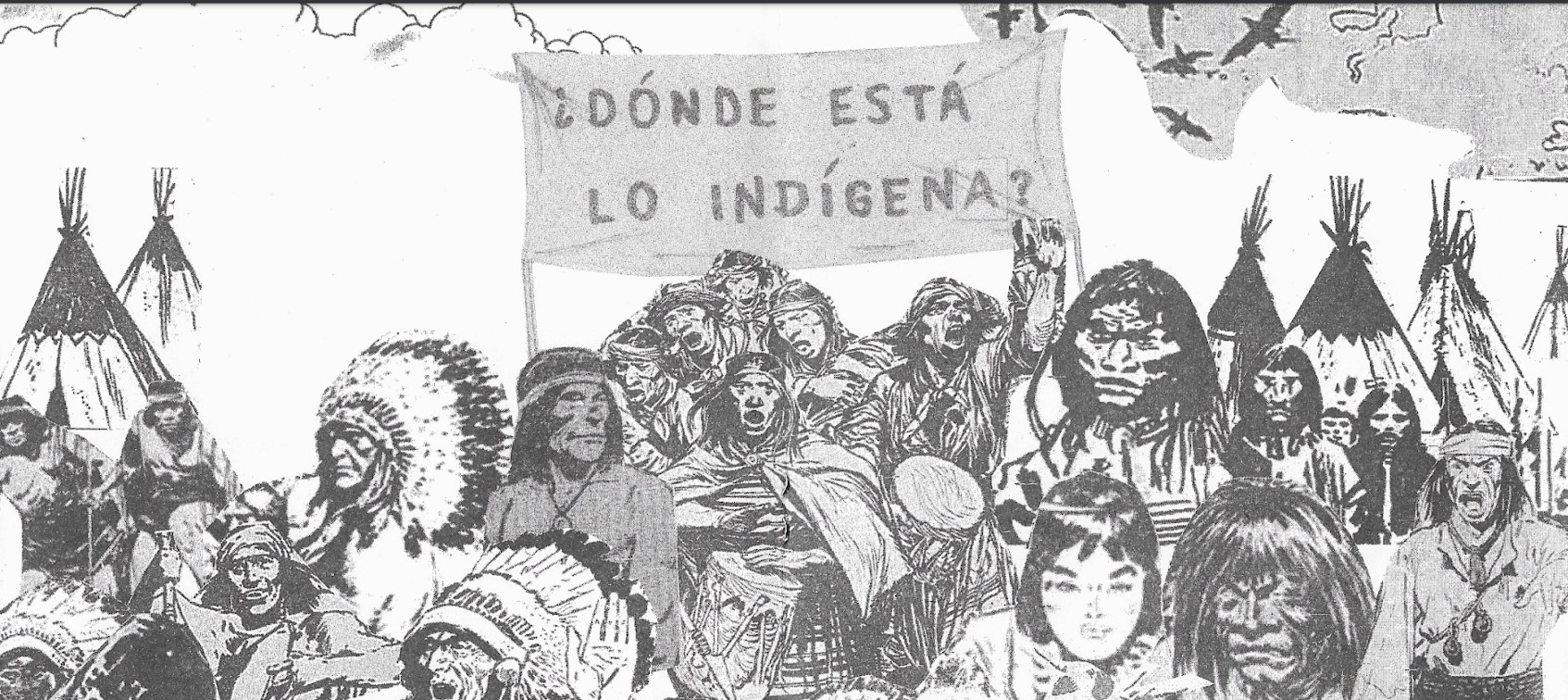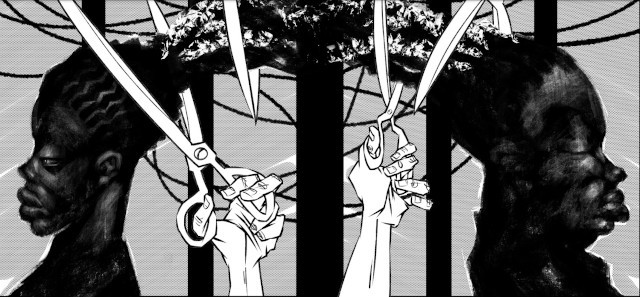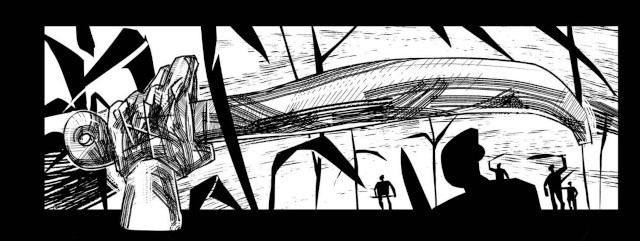Researching comics in Latin American archives
The CORALA project carried out extensive research in Colombian, Peruvian, and Argentine archives, covering a period from the late 19th century to the present. We used various state collections based in each country’s public libraries, namely the National Library of Colombia, the National Library of Peru, and the Mariano Moreno National Library of Argentina. We also drew on material held in other repositories specialized in comic books and fanzines, such as the Cali Library of the Banco de la República and the Center for Comic and Graphic Humor, to name a few. We also discovered considerable material in holdings linked to education, such as the National Library of Teachers in Argentina, or centres dedicated to popular education, such as CINEP or the Bartolomé de las Casas Institute. In addition, open-access digital collections were used, such as the British Library or the Ibero-American Library in Berlin, as well as private collections, including the Arkhé Archive Foundation, Entreviñetas, and individual artists.
Racialized archives
Archives are indispensable tools for democratic discourse, not only because they are guardians of memory but also because they construct notions of the past and the future that should align with the expectations of social justice in the present. However, many documentary collections in Latin America have been created around specific notions of mestizaje and national identity, overlooking the need to preserve a plurality of voices, experiences, ontologies, and epistemologies, not least in relation to race. Reflecting on the relationship between archives, memory, and race implies addressing how this archival process has been carried out and how it enables certain uses and objectives. In this sense, the production of comics in Latin America has been marked from its beginnings by representations of race and racial discourses related to racial mixing. These comics frequently promoted racist views of difference, perpetuating stereotypes and racial hierarchies about the different populations inhabiting the continent.
Archives and power
As Achille Mbembe suggests, the problem with the archive lies in how stored material has a "status of evidence" that creates a series of imaginaries that generate illusions of totality and continuity. This shows that this montage of fragments, as Mbembe points out, reveals how "the power of the archive is to institute imaginaries." When thinking about how this material circulates and is consumed from an anti-racist perspective, it is clear that racism persists, continuing to perpetuate inequalities and racial violence of all kinds. Therefore, several issues are at stake when approaching documentary collections: who owns them?; on what authority do they depend?; what is the political context in which they are visited?; what restrictions to access do they have in place?; what is the gap between what is sought and what is found?; and how is material presented and disseminated?
Antiracist archival practices
As we delve into documentary collections, it is essential not only to recognize the traditional factors that influence access and use, such as ownership, authority, and political context, but also to adopt an actively anti-racist stance. This implies questioning and counteracting narratives and representations that perpetuate stereotypes and racial hierarchies, as well as promoting the inclusion of marginalized voices and the preservation of multiple experiences and perspectives. Ultimately, only through a consciously anti-racist approach to archival holdings can we aspire to build fairer, more equitable, and representative archives that contribute to social transformation and the fight against all forms of discrimination and racial violence.



